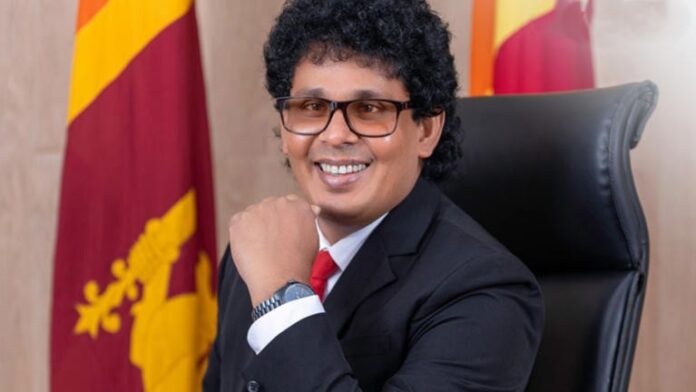Colombo: Sri Lanka’s Commerce Minister has called for a comprehensive review of the Free Trade Agreement (FTA) with India, stressing that the 25-year-old pact must be updated to reflect current economic realities and regional trade dynamics.
Speaking at a business forum, the minister said that while the FTA signed in 1998 opened new avenues for bilateral commerce, structural gaps and emerging challenges require a fresh look. He argued that the agreement, in its existing form, does not adequately address modern trade requirements such as digital commerce, services, and investment protections.
“After more than two decades, it is time to revisit this agreement. Both India and Sri Lanka have undergone major economic transformations, and our trade pact must evolve accordingly,” the minister said.
The India-Sri Lanka FTA was the first bilateral trade agreement for both countries and has facilitated significant growth in two-way trade. However, Sri Lankan exporters have frequently raised concerns about non-tariff barriers and limited access to Indian markets, while Indian businesses have sought greater clarity on investment and service sector opportunities in Sri Lanka.
Officials noted that reviewing the pact could help balance trade flows, expand product lines, and strengthen cooperation in critical sectors like energy, pharmaceuticals, information technology, and tourism. The minister emphasized that the review should be approached as a mutual exercise aimed at deepening economic partnership rather than as a renegotiation driven by disputes.
Economic analysts have pointed out that the review could also provide a platform for aligning the FTA with wider regional trade initiatives and addressing global supply chain shifts. With India emerging as a key growth partner in South Asia, experts believe a modernized FTA could give Sri Lanka better access to opportunities while providing India a stronger foothold in the island nation’s markets.
The call for review has sparked discussion among trade circles, with both governments expected to engage in preliminary consultations in the coming months. For Colombo, the move is seen as part of a broader effort to stabilize its economy, attract investment, and boost exports, while for New Delhi it presents an opportunity to reinforce its role as Sri Lanka’s largest trading partner.



